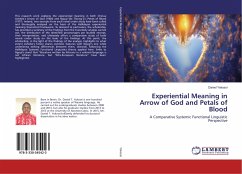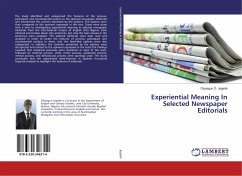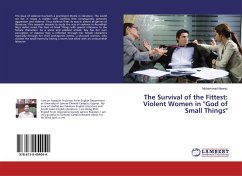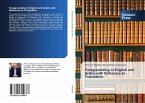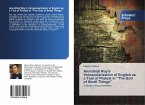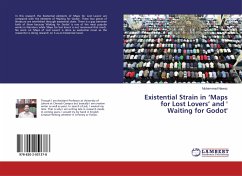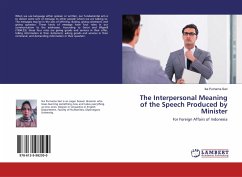This research work explores the experiential meaning in both Chinua Achebe's Arrow of God (1964) and Ngugi Wa Thiong'o's Petals of Blood (1977). Indeed, two excerpts from each novel under study have been culled and thoroughly analysed on the basis of the Hallidayan experiential meaning theoretical framework. To descend to particulars, the scholarship has provided a summary of the findings from the transitivity analysis carried out, the distribution of the identified process-types per studied excerpt, their interpretation, and ultimately offers a comparative study of both novels under study on the basis of the findings. At this point, the scholarship, in the light of the findings of the analysis, highlights to what extent Achebe's fiction shares common features with Ngugi's one while underlining striking differences between them. Likewise, following the Hallidayan Systemic Functional Linguistics theory applied here, limits to Ngugi's stand that "literature written by Africans in acolonial language is not African literature, but "Afro-European literature" have been highlighted.
Bitte wählen Sie Ihr Anliegen aus.
Rechnungen
Retourenschein anfordern
Bestellstatus
Storno

